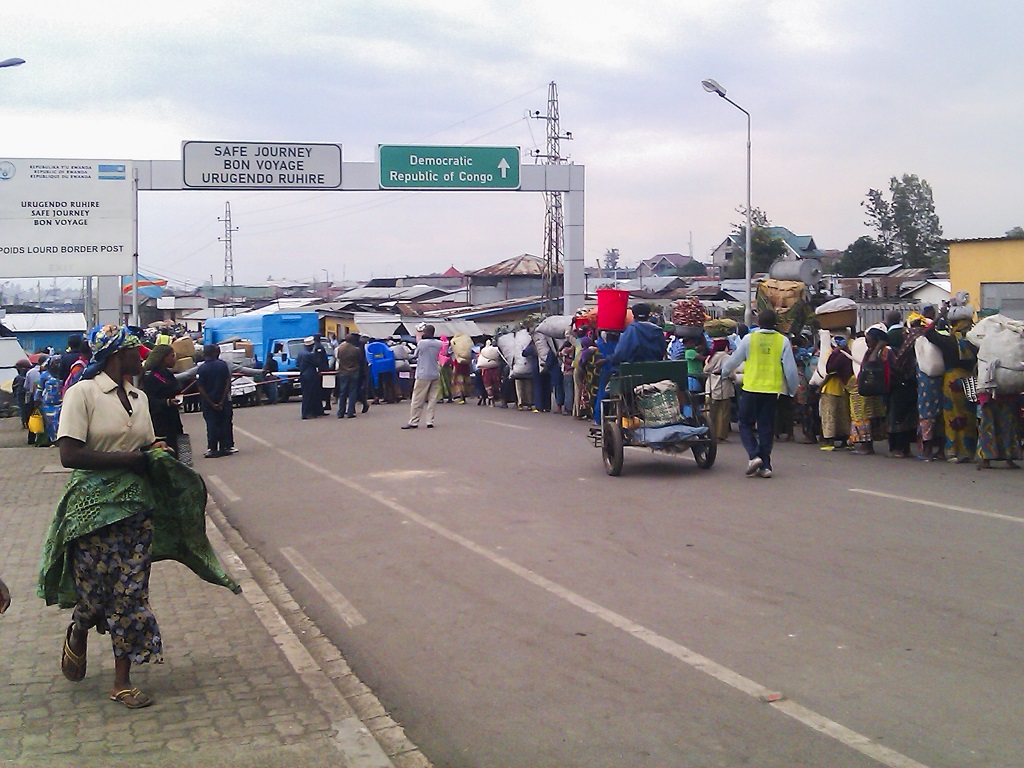Workers in Rwanda are banking on government to review the minimum wage for them to cope with difficulties linked to the general rise in prices and cost of living.
Soaring costs of energy, food items, transport and utilities, among others have pushed the Consumer Price Index, which gauges how the cost of living changes over time, from 4.3 per cent in January to 7.5 per cent in March, according to official data.
Besides, the annual unemployment rate stood at 21.1 per cent in 2021, a rise from 17.9 per cent and 15.2 per cent in 2020 and 2019 respectively.
Roughly there was one unemployed person in every five persons in the labour force last year, the Rwanda Institute of Statistics indicated in its 2021 labor force survey published in March 2022.
The unemployment rate was higher among youth and women at 26.5per cent and 24.1 per cent respectively, according to the data.
Effects
Effects of both the rising cost of living and unemployment have seen families do without some basic necessities or make shifts in spending as costs outstripped incomes for majority who derive a living from work in the informal sector.
But, according to the trade unionists, it’s the lack of minimum wage adjustment that has exacerbated the workers’ plight, and continues to weigh down their welfare.
The applicable daily minimum wage for workers in Rwanda was set 49 years ago at Rwf100 ($0.09), and was barely adjusted since.
While in practice workers generally earn relatively higher wages, the lack of change is to blame for exploitation of workers in the informal sector such as house helps, plantation and construction laborers, among others.
A new minimum wage had to be determined by a ministerial order following series of consultations. However, for more than four years, the push by workers’ rights lobby groups has been fruitless.
“As we did over the past years, we continue to demand that a ministerial order determining the minimum wage be issued soonest. Failure to do so has seen some employees contend with wages that does not match current market prices and cost of living,” reads a communique Rwanda Workers’ Trade Union Confederation (CESTRAR) sent out ahead Labour Day marked on May 1.
CESTRAR says that the new minimum wage is crucial in pay negotiation between employees and the employers.
We urge the government to intervene so that transport costs do not continue to rise
Rwanda Workers’ Trade Union Confederation (CESTRAR)
In particular, the union says that effects of the pandemic sent market prices skyrocketing, thereby making it difficult for average wage earners to cope, and this affected their ability to travel to and from work.
“We urge the government to intervene so that transport costs do not continue to rise.”
Pay cuts
The workers had already been grappling with the effects of the pandemic which led to layoffs, pay cuts and suspension of contracts in most sectors.
The pandemic lull and subsequent ease of restrictions since late last year enabled economic activities to gradually reopen.
However, trade unionists and individual workers say that a few informal sector employers adjusted employees’ salaries, or reset pay to pre-pandemic levels even as living costs shoot.
Other demands
The trade unionist demands that retirement benefits for the elderly, which were marginally increased, be reconsidered to match current market prices and be adjusted in line with routine changes in salaries of civil servants.
CESTRAR equally demands that voluntary retirement age be reduced to at least 55 from the current 60 in a bid to create employment opportunities for the youth graduating from academies in the country.









